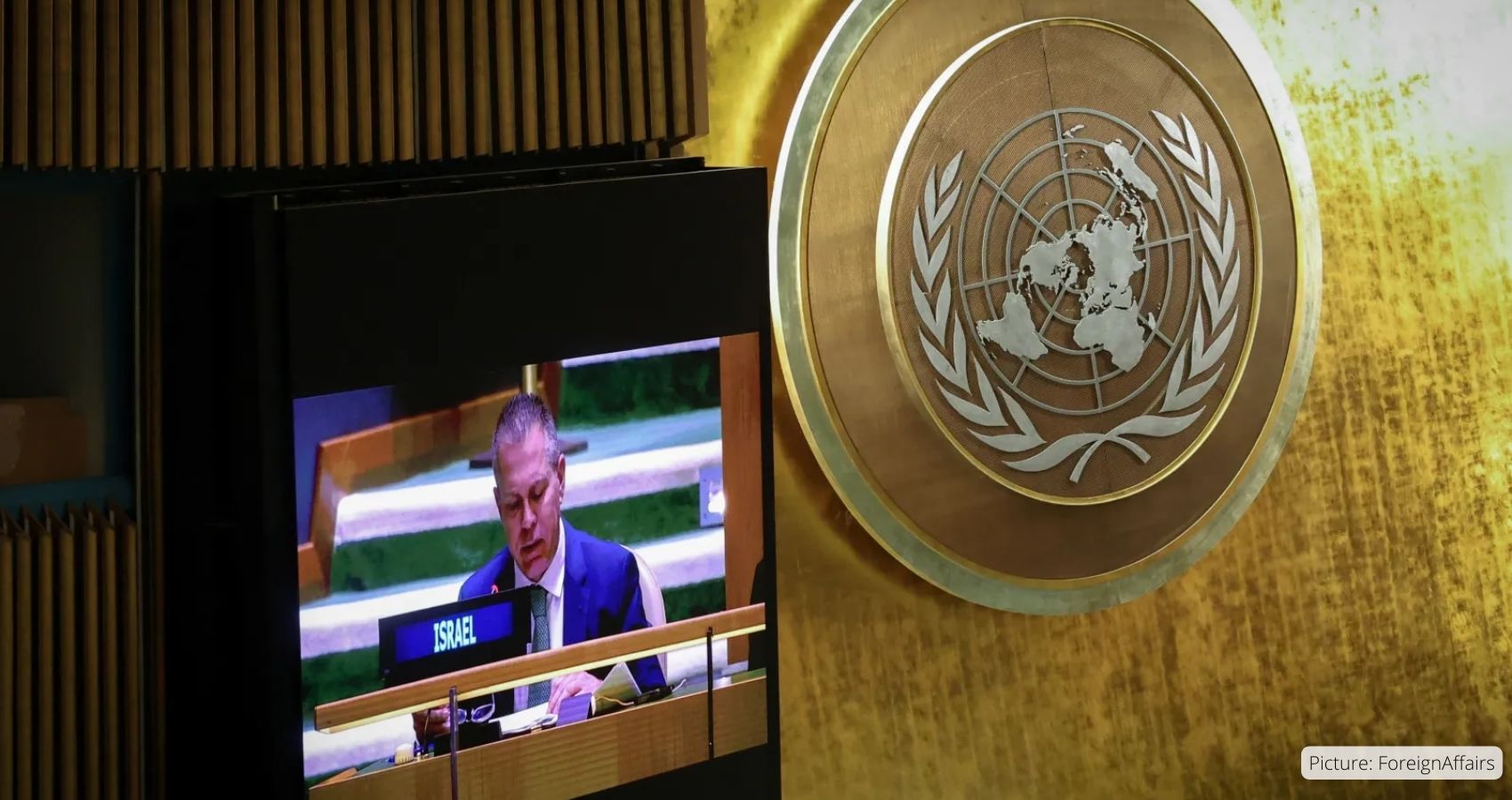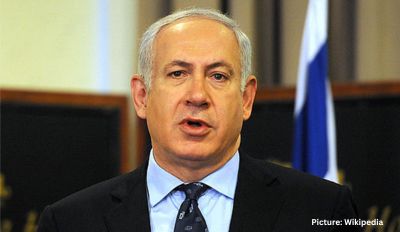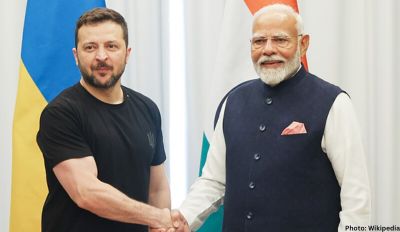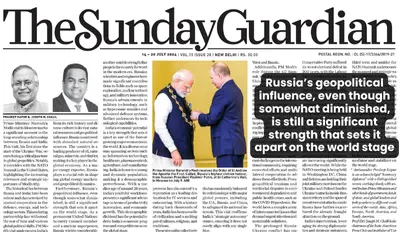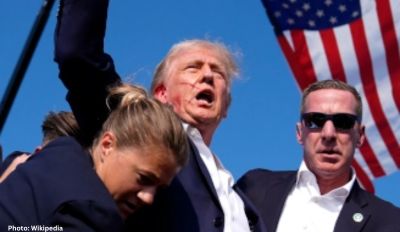Since 1947, when the UN General Assembly endorsed the partitioning of Palestine into Jewish and Arab states, the Middle East has been a focal point of UN deliberations. In the ongoing Israeli-Palestinian conflict, the UN has followed a consistent pattern: the US employs its veto to thwart criticism of Israel at the Security Council, while Arab states rally developing nations to support the Palestinians. Recent discussions at the UN after Hamas’s October 7 attack on Israel have adhered to this familiar script. The US vetoed a Security Council resolution urging a cease-fire in Gaza, but a General Assembly resolution for a “humanitarian truce” passed overwhelmingly in late October.
However, diplomats at UN offices in New York and Geneva express a sense that this crisis is distinct and could have repercussions beyond Israel and Gaza, impacting the UN’s integrity. Their concerns stem not only from the brutality of Hamas, the mounting casualties in Gaza, and the potential for regional escalation but also from a broader loss of confidence in the UN. Doubts about the effectiveness of an institution designed for twentieth-century power dynamics to address postwar challenges are not new. In the past year, the UN has appeared particularly adrift, failing to respond effectively to crises in Sudan, Nagorno-Karabakh, and the coup in Niger. Tensions between Russia and the West over Ukraine have further hindered UN discussions on unrelated issues in Africa and the Middle East. UN Secretary-General António Guterres warned of a “great fracture” in the global governance system at the annual General Assembly meeting in September.
The conflict between Israel and Hamas could exacerbate the erosion of the UN’s credibility in crisis response. This situation prompts a crucial reckoning for national governments and UN officials on how the UN can contribute to peace and security in a world where common ground among major powers is shrinking. The post-Cold War era witnessed calls for the UN to address conflicts as a matter of routine, but now the institution seems to be confronting its geopolitical limitations.
A revamped UN, suitable for the contemporary age, must adjust its ambitions. On security matters, the organization should prioritize a limited set of key issues and delegate crisis management responsibilities when possible. Some international problems will still necessitate the coordination uniquely possible at the UN. Even when diplomatic efforts among nations falter, the institution remains a platform where adversaries can negotiate differences and identify opportunities for collaboration. Rather than allowing ongoing conflicts to fracture the UN, both national governments and UN officials must collaborate to preserve its essential functions.
STARTING TO SPIRAL
The crisis of confidence in the UN has been escalating since Russia’s full-scale invasion of Ukraine. Initially, diplomats feared that tensions among major powers would paralyze the UN. However, despite intense debates over the war in Ukraine, Russia, the US, and European allies continued to coordinate on other matters. The Security Council imposed new sanctions on criminal gangs in Haiti and agreed on a mandate for the UN to collaborate with the Taliban government in Kabul to provide aid to suffering Afghans. Both Russia and the West demonstrated a willingness to use the UN for residual cooperation.
This delicate balance began to unravel in the spring. Russia increasingly acted as a spoiler at the UN, withdrawing UN peacekeepers from Mali and vetoing the renewal of a mandate for aid agencies in rebel-held parts of Syria. Moscow also exited the Black Sea Grain Initiative, disrupting a deal brokered by the UN and Turkey in 2022. The war in the Middle East highlighted this more aggressive approach to UN diplomacy. While China maintained a relatively neutral stance, Russia capitalized on the situation, criticizing the US for vetoing a resolution on humanitarian aid to Gaza and implying American complicity in fueling the conflict.
The US’s unwavering support for Israel has compounded diplomatic challenges, particularly in the General Assembly. The coalition of states supporting Ukraine fractured over Gaza, leading to a resolution for a “humanitarian truce” passing with a divided vote. The US voted against the resolution, citing its failure to condemn Hamas, causing a ripple effect. Diplomats from developing countries hinted at rejecting future UN resolutions supporting Ukraine due to perceived Western disregard for Palestinian concerns.
This recent division may undermine the US’s efforts to improve relations with the global South at the UN. The Biden administration’s push for Security Council reforms and promises to collaborate with financial institutions for developing countries now faces headwinds, as its stance on Israel and Gaza risks undoing progress made with these nations before the current conflict.
The wars in Ukraine and the Middle East have intensified diplomatic tensions among UN member states and placed significant strain on UN Secretary-General Guterres and the organization’s conflict-management system. The absence of unified support from the Security Council has hindered the UN’s ability to effectively manage conflicts, with trouble spots like Sudan, Mali, and the Democratic Republic of the Congo experiencing challenges in cooperation and peacekeeping efforts.
Governments and warring parties in these regions have resisted collaboration with UN mediators, and demands for the withdrawal of UN peacekeepers have been made without facing substantial consequences. Despite maintaining a humanitarian presence in places like Afghanistan, the UN is grappling with funding shortfalls due to reduced aid budgets from Western donors allocating significant resources to military and humanitarian assistance for Ukraine.
Guterres has become entangled in diplomatic disputes, particularly concerning events in the Middle East. His remarks on Hamas’s attack on Israel led to calls for his resignation from Israel, affecting cooperation with UN humanitarian officials. The incident underscores the vulnerability of UN aid operations to political discord, with tragic consequences on the ground, including the death of nearly 100 UN employees in Gaza.
The future of the UN’s presence in the Middle East hinges on the duration and extent of the conflict between Israel and Hamas. In a post-conflict scenario, the UN may play a significant role in recovery efforts or even be tasked with administering Gaza after the removal of Hamas. However, an extended and broader regional war could jeopardize the UN’s longstanding peacekeeping missions in southern Lebanon and the Golan Heights.
Regardless of the outcomes in the Middle East and Ukraine, ongoing trends at the UN signal future challenges. Diplomatic divisions and operational vulnerabilities are likely to persist or worsen as global rifts deepen. While the UN may not return to its Cold War-era prominence, it can adapt to a diminished role. Guterres’s “New Agenda for Peace” emphasizes a reduced focus on peacekeeping missions and encourages member states to address new security threats.
The UN could shift from deploying its own forces to supporting other crisis managers, including regional organizations and individual countries. This approach is already being tested, such as Kenya leading a multinational security assistance mission in Haiti. Despite current disagreements, the Security Council could find a new equilibrium, serving as a venue for resolving conflicts among major powers and addressing shared interests in cooperation.
Even with the Security Council facing challenges, the wider UN system retains a substantial role in international conflict management. UN relief agencies possess unique capacities to mitigate violence’s effects, and efforts are underway to explore conflict prevention methods independent of Security Council oversight, such as utilizing World Bank funds to support basic services in vulnerable states. In a period of geopolitical tension, the UN may not lead in resolving major crises, but it can contribute significantly to protecting vulnerable populations.

